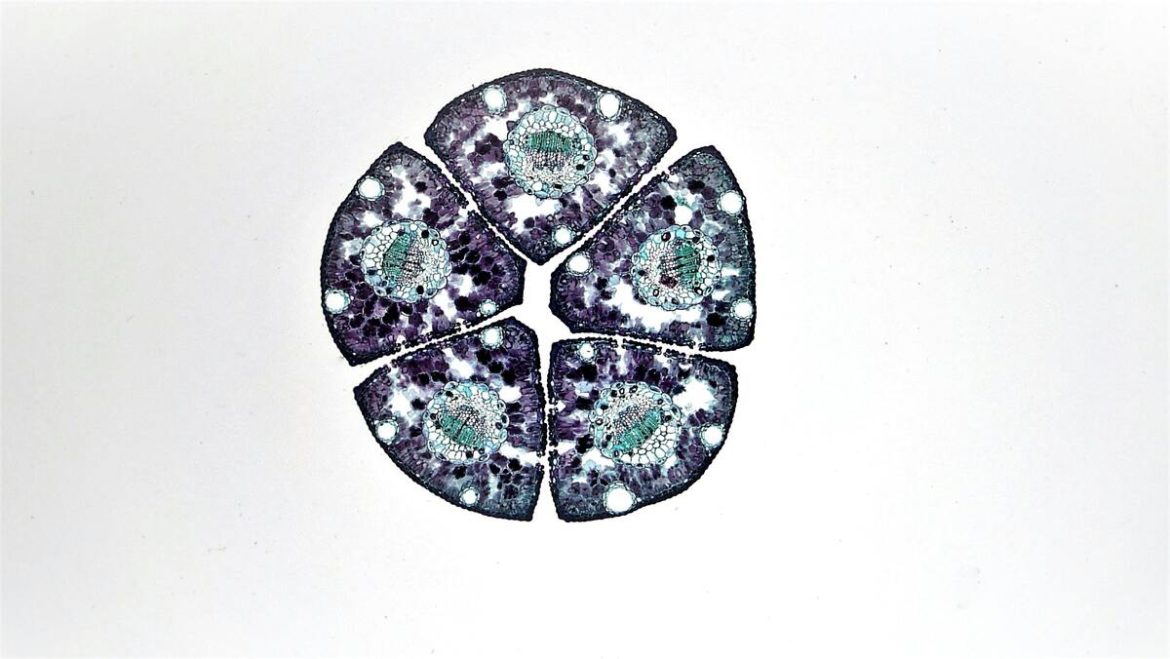Introduction
Stem cell therapy has long been hailed as a potential breakthrough in treating a wide range of diseases. For Multiple Sclerosis (MS), the appeal lies in the ability of stem cells to repair damaged nerve tissue and reset faulty immune systems. After years of preclinical studies and early-phase trials, stem cell therapy for MS has now moved into large-scale multicenter clinical trials across the globe.
This advancement marks a major milestone in the journey toward a more regenerative and disease-altering treatment for MS patients—especially those with aggressive or treatment-resistant forms.
What Is Stem Cell Therapy?
Stem cell therapy involves using undifferentiated cells capable of becoming specialized types of tissue, such as neurons or immune cells. The goal is to:
- Repair damaged myelin (the protective sheath around nerves)
- Reset the immune system to prevent further attacks
- Reduce inflammation in the central nervous system (CNS)
- Improve neurological function
There are different types of stem cells used in MS studies:
- Hematopoietic Stem Cells (HSCs): From bone marrow or blood, used in autologous transplants (AHSCT)
- Mesenchymal Stem Cells (MSCs): Sourced from bone marrow, fat, or umbilical cord
- Neural Stem Cells (NSCs): Still under experimental investigation
New Global Trials Underway
A network of 25 hospitals and research institutions across North America, Europe, and Asia has launched a series of Phase II/III trials in 2025. The trials aim to test both safety and efficacy of various stem cell approaches for different types of MS.
Trial Highlights:
- Enrolling over 2,000 participants across multiple MS subtypes
- Comparing AHSCT and MSC therapy head-to-head
- Tracking outcomes over 3–5 years
- Standardized protocols developed under the guidance of a global MS advisory board
Researchers hope these trials will help establish:
- Which type of stem cell works best
- Who benefits most (relapsing vs. progressive MS)
- Long-term safety, relapse rates, and disability improvement
Early Results Are Promising
Pilot studies conducted over the last decade have demonstrated exciting possibilities:
Key Findings from Preliminary Studies:
- Over 70% of patients with RRMS treated with AHSCT showed no disease activity at 2-year follow-up
- MSC therapy improved motor function and fatigue scores in progressive MS patients
- MRI scans revealed reduced lesion activity and brain volume preservation
While not a cure, stem cell therapy has the potential to halt or slow progression in a way current disease-modifying therapies (DMTs) often cannot.
Risks and Considerations
Stem cell therapy is not without challenges:
- AHSCT requires immune ablation, carrying risks like infection and prolonged recovery
- MSC therapy has inconsistent results across smaller studies
- Long-term risks of tumor formation, immune rejection, or unknown side effects remain under investigation
- Access and cost may limit widespread availability initially
Due to these risks, stem cell therapy is typically reserved for patients with highly active MS that hasn’t responded to standard therapies.
Patient Success Stories
One trial participant shared her journey:
“I had multiple relapses each year and tried everything. After the transplant, I’ve been relapse-free for two years and have even regained strength in my legs. It’s been life-changing.”
Stories like this are increasingly common among early adopters of stem cell therapy in MS and highlight its potential as a paradigm shift in treatment.
What’s Next for Stem Cell Therapy in MS
The outcomes of these large trials could:
- Lead to regulatory approval within the next 3–5 years
- Establish clinical guidelines for use by neurologists
- Encourage insurance coverage and public access programs
- Fuel the development of off-the-shelf stem cell products
Researchers are also exploring combination strategies, such as pairing stem cell therapy with remyelinating agents or neuroprotective drugs.
Expert Commentary
A neurologist from a prominent global MS center stated:
“We’re entering a new era where regenerative medicine isn’t just theoretical—it’s becoming a therapeutic reality for MS patients.”
Additionally, ethics committees and patient advocacy groups are working to ensure fair access, informed consent, and patient safety across all trial sites.
SEO Optimization Details
- Primary Keywords: stem cell therapy MS, MS stem cell trials, regenerative treatment for MS
- Meta Description: International trials are testing stem cell therapy for MS. Learn how these regenerative approaches may help reverse damage and halt progression.
- Slug: stem-cell-ms-trials
- Internal Linking Suggestions:
- Link to: “Understanding MS: From Diagnosis to Treatment”
- Link to: “Can MS Be Reversed? What Science Says”
- Link to: “Advanced MS Therapies to Watch”
